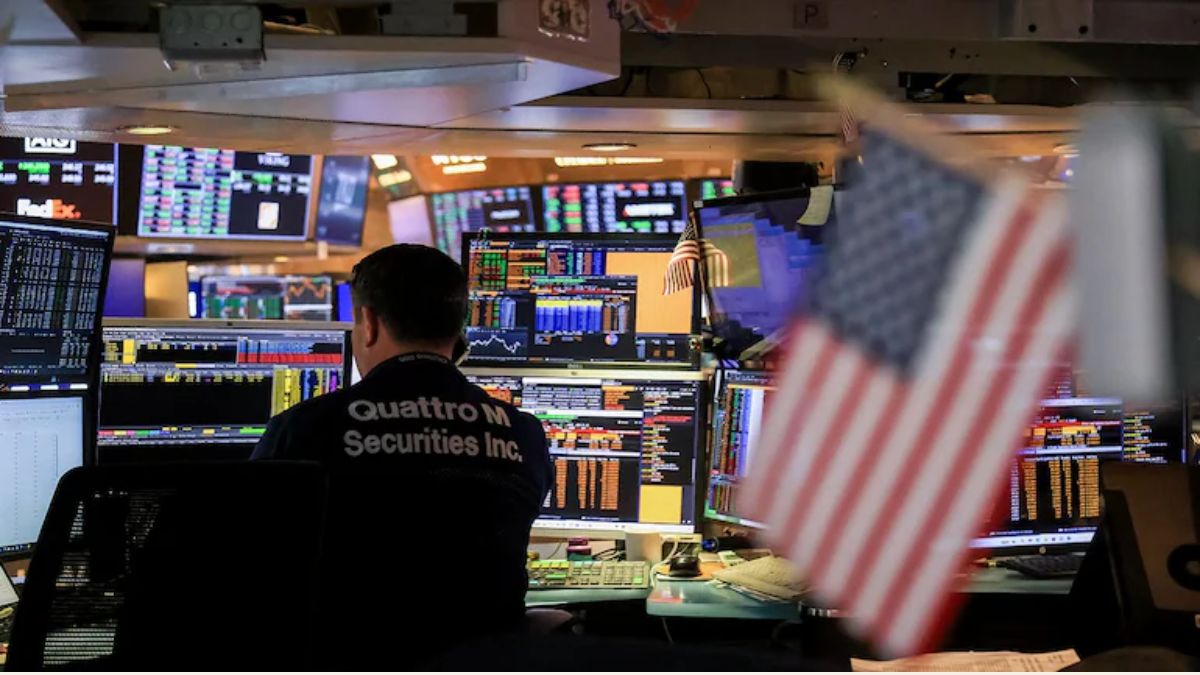The S&P 500 dropped on Tuesday after new data showed a surprise contraction in U.S. services activity for July, raising fresh concerns about the strength of the economy. At around 3:03 p.m. ET, the Dow Jones Industrial Average had fallen by 37 points or 0.1 per cent, the S&P 500 was down by 0.4 per cent, and the NASDAQ Composite declined 0.6 per cent.
The main source of worry came from the Institute for Supply Management’s non-manufacturing purchasing managers’ index, which dropped to 50.1 in July from 50.8 in June. Analysts had expected a reading of 51.5. While a figure above 50 typically signals expansion, the decline still reflected underlying weakness. Services make up more than two-thirds of the U.S. economy, so any softening in this area is closely watched. Jefferies noted in a report that tariffs remain a limiting factor on orders and business investment.
The surprise dip in services activity came just days after a weak payrolls report, increasing expectations that the Federal Reserve could start cutting interest rates as early as September. San Francisco Fed President Mary Daly also recently indicated she might support such a move, further fueling speculation.
Another piece of economic data showed that the U.S. trade deficit narrowed significantly in June. The trade gap shrank by 16 per cent to $60.2 billion, compared to $71.7 billion in May. This improvement was largely due to a decline in imports, possibly reflecting slowing demand after an earlier surge driven by tariff concerns.
Despite the economic worries, several corporate earnings reports provided some relief. Palantir Technologies shares surged after the company reported its highest quarterly revenue since going public. The strong performance was driven by continued demand for its AI-powered platforms among both governments and private firms. The company also appears to be benefiting from increased federal interest in expanding AI use, including from the Pentagon.
Pfizer stock also rose after the pharmaceutical giant posted second-quarter earnings and revenue that exceeded analyst expectations. The company raised its full-year profit outlook, adding to investor confidence.
Marriott International shares remained flat despite beating quarterly earnings expectations. The company narrowed its full-year forecast, citing weaker government spending and business travel. Meanwhile, Caterpillar shares saw modest gains. Although the company missed profit expectations, it did report higher-than-expected revenue for the second quarter of 2025.
Overall, Tuesday’s market action reflected a tug of war between macroeconomic signals and mostly strong corporate earnings.


